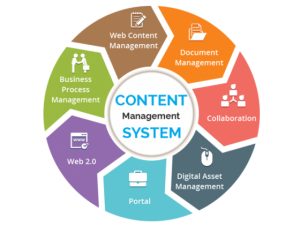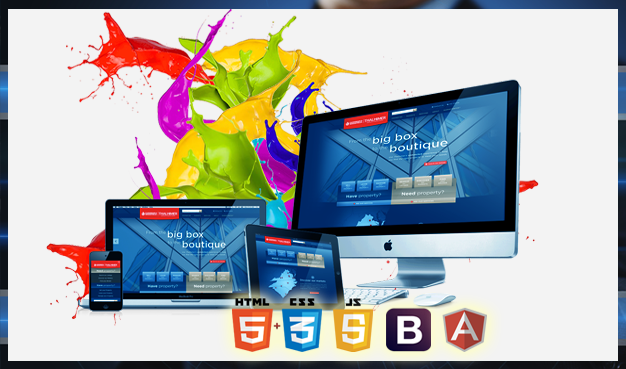- Have any questions?
- (Prasad) +91 96191 46851 | (Parag) +91 99878 20022
- support@pnpwebdesign.com
Unraveling the Power of CMS Websites: A Comprehensive Guide

Unveiling the Magic of Static Website Creators: A Guide to Effortless Web Development
February 10, 2024
Unveiling the Power of Dynamic Sites: Everything You Need to Know
February 10, 2024Unraveling the Power of CMS Websites: A Comprehensive Guide

In today’s digital age, content management systems (CMS) have revolutionized the way websites are created, managed, and updated. In this insightful guide, we delve into the world of CMS website, exploring their definition, key features, benefits, and why they have become indispensable tools for businesses and individuals alike.
-
Understanding CMS Websites:

A CMS website is a type of platform that allows users to create, edit, and manage digital content without the need for extensive technical expertise. Unlike traditional static websites, which require manual coding and updating, CMS websites utilize intuitive interfaces and pre-built templates to streamline the content creation process, making it accessible to users of all skill levels.
-
Key Features of CMS Websites:
CMS websites offer a plethora of features designed to simplify content management and enhance user experience. These features include a user-friendly interface, customizable templates, content editing tools, media management capabilities, built-in SEO optimization, and user permission controls. By leveraging these features, users can create dynamic and engaging websites with ease.
-
Benefits of CMS Websites:
The adoption of CMS websites has brought about numerous benefits for businesses, bloggers, and individuals seeking to establish an online presence. Some of the key benefits include cost-effectiveness, time savings, scalability, flexibility, and improved SEO performance. Additionally, CMS websites empower users to maintain full control over their content and make real-time updates without relying on web developers or IT specialists.
-
Popular CMS Platforms:



Several CMS platforms have emerged as leaders in the industry. Each offering unique features and functionalities tailored to different user needs. WordPress, Joomla, Drupal, and Shopify are among the most popular CMS platforms. With WordPress being the dominant choice for bloggers and small businesses, while Shopify specializes in e-commerce solutions. Users can choose the platform that best aligns with their goals and requirements.
-
CMS Website Development Process:
Developing a CMS website typically involves several steps. Including selecting a suitable CMS platform. Choosing a domain name and hosting provider, installing the CMS software. Selecting a theme or template, customizing the design and layout, adding content and media, and optimizing the site for search engines. While the process may seem daunting at first. CMS platforms offer extensive documentation and support resources to guide users through each step.
-
Future Trends in CMS Websites:



As technology continues to evolve, the future of CMS websites holds exciting possibilities. Emerging trends such as headless CMS, artificial intelligence (AI) integration. Voice search optimization, and personalized content delivery are poised to shape the future of content management and website development. By staying abreast of these trends and embracing innovative technologies, businesses can stay ahead of the curve and deliver exceptional digital experiences to their audiences.
CMS Website Conclusion:
In conclusion, CMS websites have transformed the landscape of web development. Offering a user-friendly and efficient solution for creating and managing digital content. With their intuitive interfaces, robust features, and scalability, CMS websites empower users to build dynamic and engaging online experiences that drive results. So whether you’re a blogger, entrepreneur, or business owner. Harness the power of CMS websites to unlock your online potential and take your digital presence to new heights!





